1. What’s JTW?
Kyushu University’s Study Program For Your Year/Semester Abroad To Japan
Are you interested in going on an exchange to Japan – for one year or a semester – to learn about Japanese culture, society, economy, history, and language firsthand at one of the top-ranked universities in the country?
Are you still at a beginner-to-intermediate level in Japanese but are passionate about coming here to learn about Japan with effective support and opportunities to achieve your goals?
Kyushu University’s Japan in Today’s World (JTW) is an excellent study program should Japan be the destination for your year/semester abroad. Located in Fukuoka, a growing, popular city in the southwestern part of the country, rich in history and culture, Kyushu University stands as one of the leading universities in Japan, as well as across Asia and beyond. JTW is based at the main campus (Ito Campus) and, since its inception in 1994, has represented the University’s wider efforts to promote international education.
JTW is designed as a one-year program, starting in October and ending in July the following year. You are, nonetheless, welcome to join for only one semester, either Fall-Winter (Oct.-Feb.) or Spring-Summer (Apr.-Jul.).
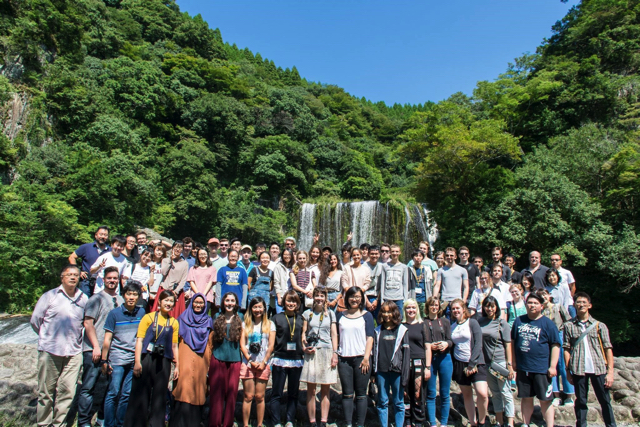
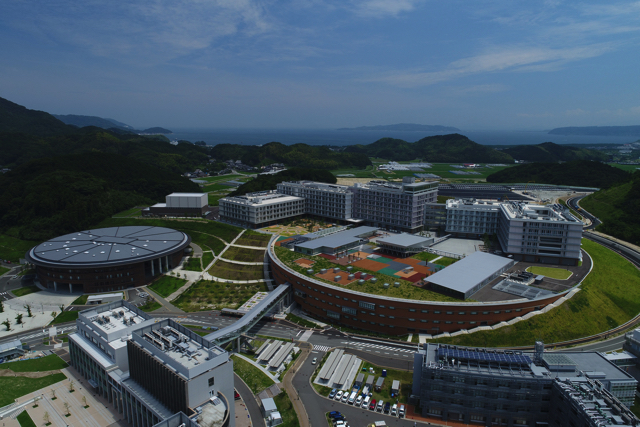
English-Based Learning For Credit: Japanese Culture & Society Today
JTW offers you a comprehensive package of learning experiences, primarily at the undergraduate level, including academic learning for credit and experiential learning through cultural immersion.
No proficiency in Japanese language is required; you take courses and engage in other activities all in English. Simultaneously, nonetheless, you have the opportunity to start learning or to further improve your Japanese through Japanese Academic Courses (JACS), the University’s nationally renowned language program.
What is JTW’s overall learning objective? The program mission is to nurture coming generations of Japan experts, or cross-culturally competent global citizens with hands-on knowledge of Japan, in a variety of professional fields around the world. Toward this overarching goal, JTW is designed to effectively help you understand Japanese culture and society today. You are not required to be a Japanese Studies major; the door is open to students of any academic background. The JTW faculty coordinators – university faculty members with a rich background in international education and research – work closely with you.
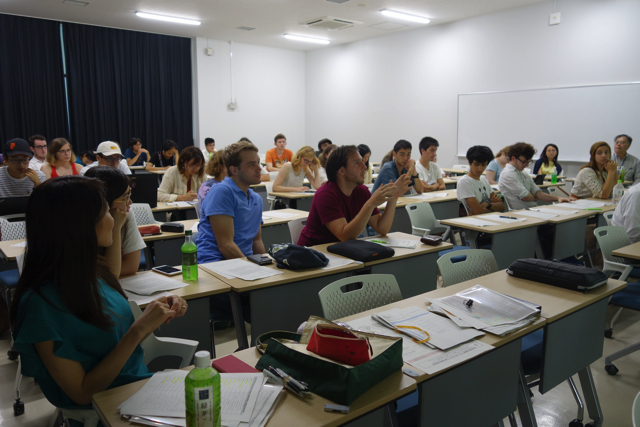
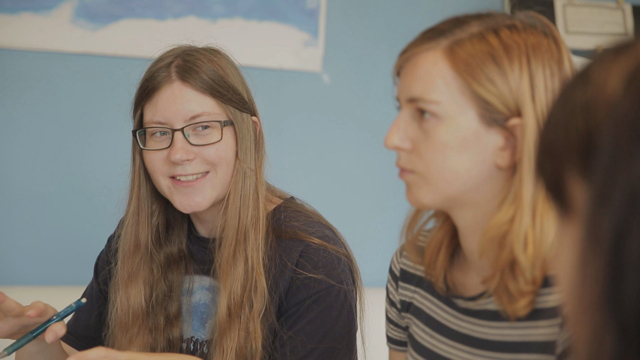
Study About Japan With A Diverse, Multicultural Group of Friends
Joining JTW means you will not only meet and befriend Japanese students; you will also live and study together with a very diverse group of students, which JTW greatly enjoys and proudly celebrates.
Annually, JTW hosts about 50-60 students, most of whom are exchange students from Kyushu University’s partner institutions around the world. Typically, JTW participants come from 25-30 partner institutions located in 15-20 different countries from Europe, North America, Asia, Africa, and Oceania. Both men and women are usually at an equal ratio. Every year, JTW also enjoys active participation of those with diverse backgrounds in religion/faith and sexual orientation.
Participants hail from a significant variety of academic backgrounds at their home universities too, such as natural sciences, engineering, and humanities as well as Japanese/Asian Studies. But, they all share one thing in common: a strong passion to know more about Japan through their own living and learning experience.
Such a diverse and multicultural profile is one of the most unique and meaningful learning resources that JTW can offer to you. While living in learning about Japan, your learning will be further facilitated and powerfully enriched with a global perspective. You will also find JTW an exciting journey through which to make many friends from all over the world!
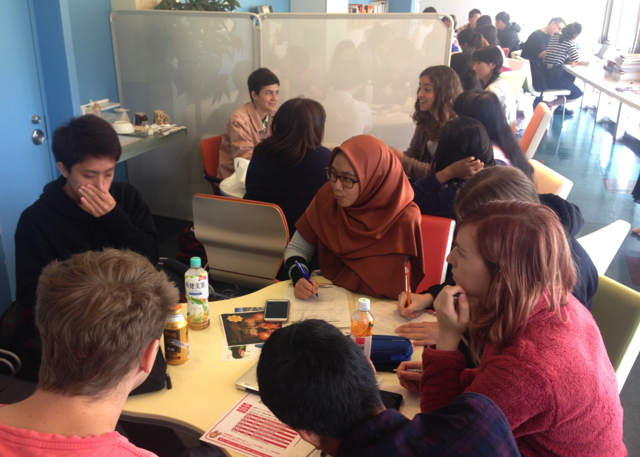
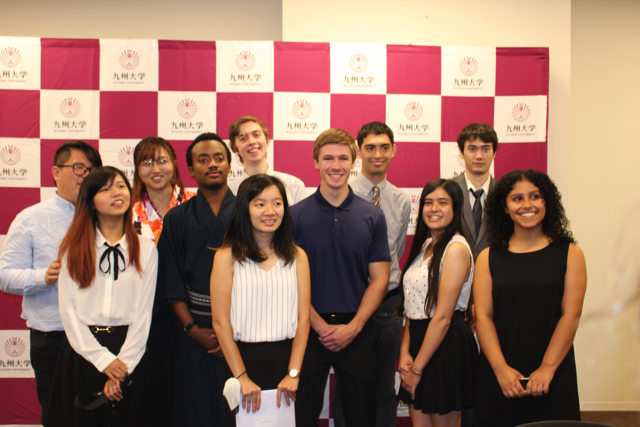
Program Design: Comprehensive Academic & Experiential Learning
The JTW program offers you a package of comprehensive learning-and-living experiences based on a multi-dimensional approach with various program components.
While undertaking academic coursework that is constructively challenging, you also enjoy a variety of resources and opportunities for immersion experience. This way, you will learn – academically and experientially, both in and beyond the classroom – contemporary Japanese society and culture in our ever-changing, globalized world today.
The following chart illustrates the components and design of the JTW program. Please visit THE PROGRAM (in the main menu) to learn in detail what each program component offers you.
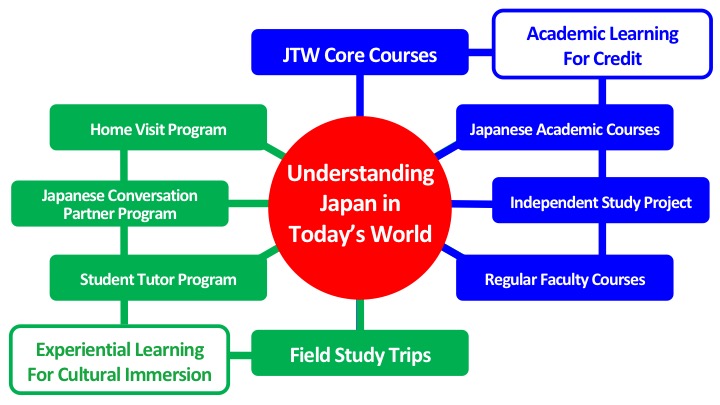
2. Program History
The JTW program first started in 1994 and celebrated its 25th anniversary when it welcomed participants for the 2018-2019 program year.
In 1994 JTW as an English-based education program started with 14 participants, 12 of whom were from Kyushu University’s partner institutions in the United States. The program was launched largely in response to a diplomatic request made by The U.S-Japan Conference on Cultural and Educational Interchange (CULCON), a binational advisory panel established primarily to strengthen cultural and educational exchanges between the two countries.
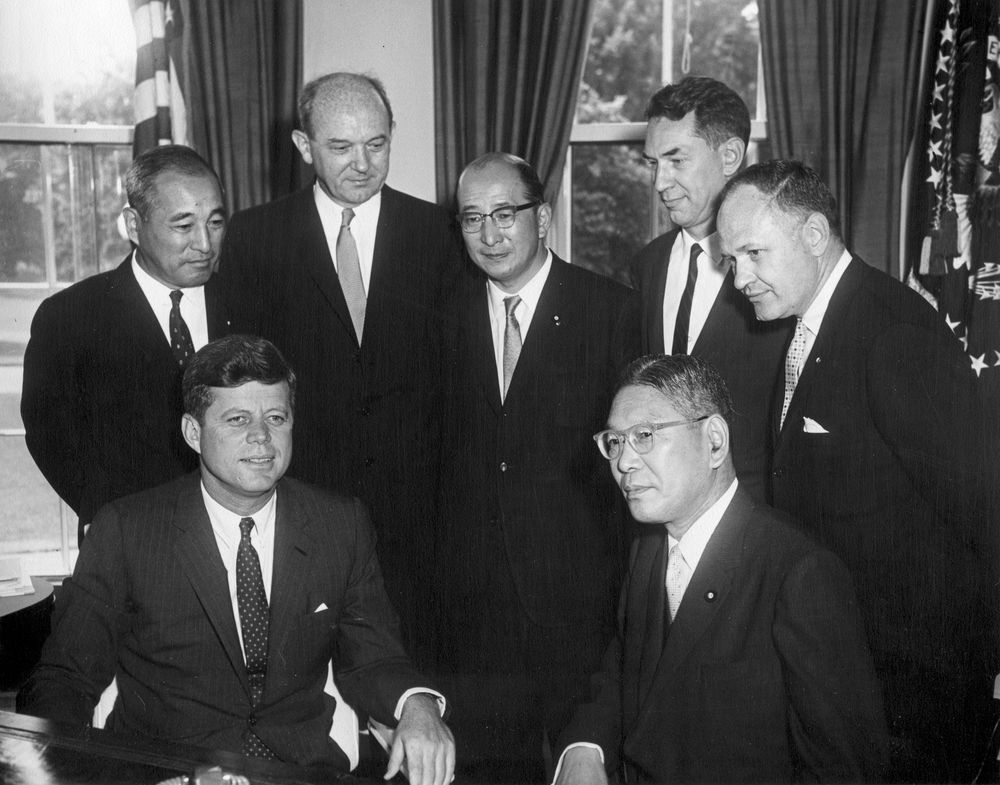
U.S. President Kennedy and Japanese PM Ikeda at a CULCON meeting
Founded during the 1960s under the leadership of John F. Kennedy, the 35th President of the United States, and Hayato Ikeda, the 38th Prime Minister of Japan, CULCON encouraged the then Japanese Ministry of Education to help increase opportunities for American students to go on exchanges to universities in Japan. This was because during this time, while an increasing number of America’s younger generation were interested in studying in Japan, at least for a limited period of time, to learn its culture and society first-hand, unfamiliarity with Japanese language stood as a major challenge to many of them. Kyushu University was the first national university in the country to proactively respond to this international call for cross-cultural higher education. At the beginning, JTW was thus designed for American students to study for credit for a year without possessing the level of proficiency in Japanese that is sufficient to study academic subjects in Japanese.
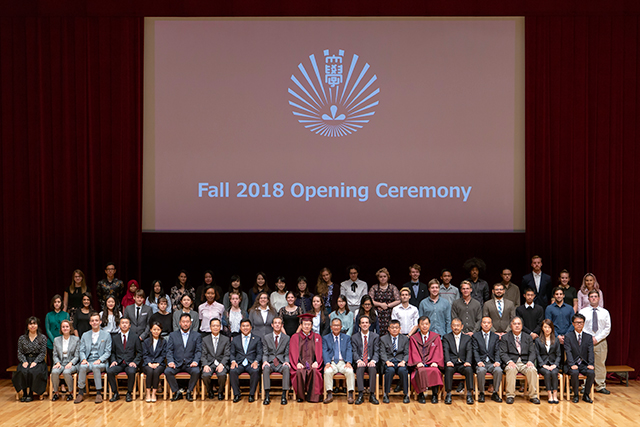
The 25th Class of JTW at the Campus-Wide Opening Ceremony
Over the past decades, JTW has constantly widened its gate and expanded its size, and together it has come to stand as a flagship program that represents and symbolizes Kyushu University’s wider effort for international education. In recent years, the program annually hosts about 55-60 students, who are from leading universities not only in the United States but also from all around the world with which Kyushu University has made institutional partnerships for student exchange. Students’ academic backgrounds at their home universities have also become very diverse, including natural sciences and humanities, but the students all have something in common: a strong passion to know more about Japan. For instance, the 25th Class of JTW consisted of 57 students in total – 26 women and 31 men – from 36 partner universities located in 16 different countries from five major regions of the globe, including Europe, North America, Asia, Africa, and Oceania.
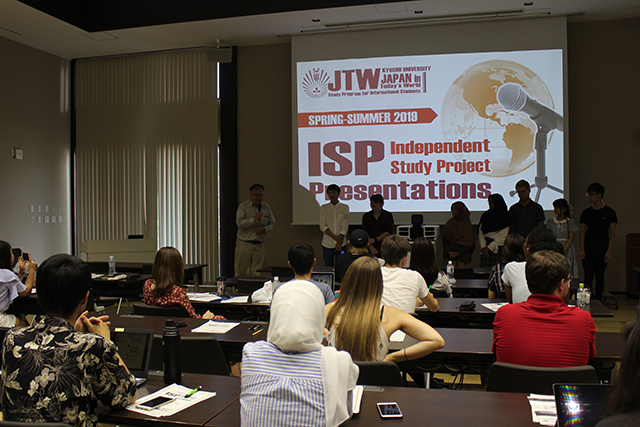
Independent Study Projects Public Presentations (The 25th Class of JTW)
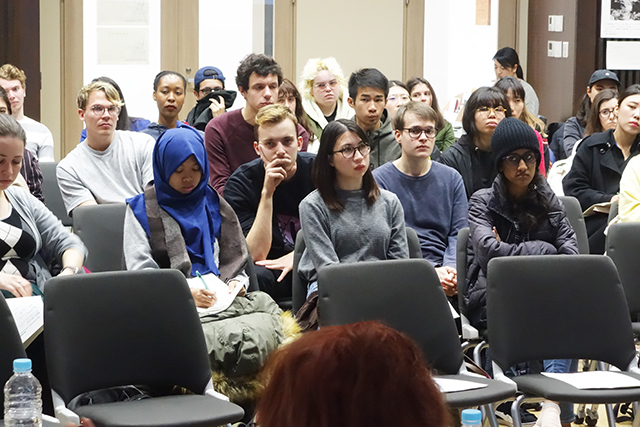
On-Campus Exchange Activity – Nagasaki Atomic Bombing Survivor Symposium (The 25th Class of JTW)
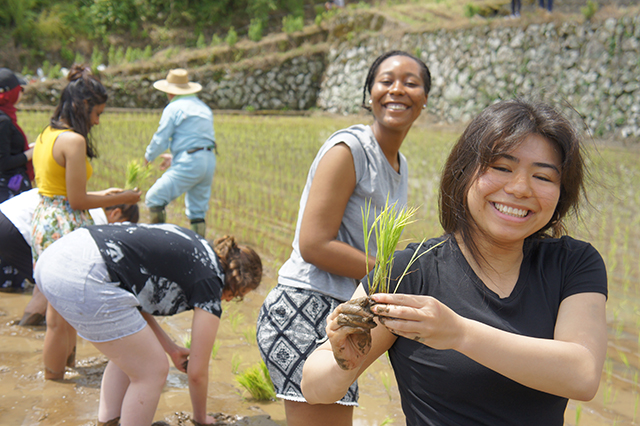
Field Study Trip – Rice Planting Experience (The 25th Class of JTW)
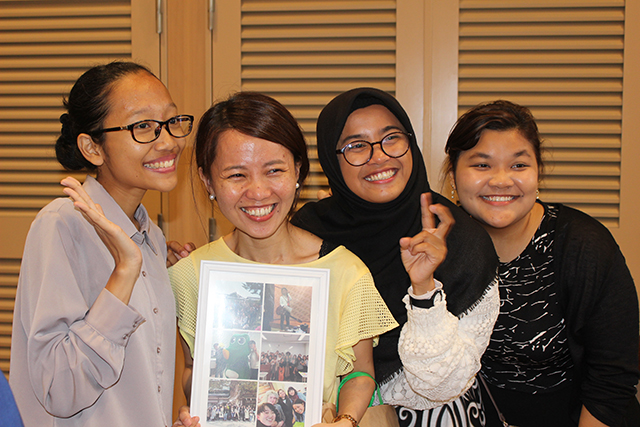
JTW Closing Ceremony Reception (The 25th Class of JTW)
3. Meet the Professors

JTW Faculty Coordinators
From left: Dr. NONAKA (Education), Dr. HIGO (Sociology) and Dr. IMAI (Economics)
Prof. Masa HIGO
(Ph.D., Sociology, Boston College)
Primary Faculty Coordinator, Japan in Today’s World
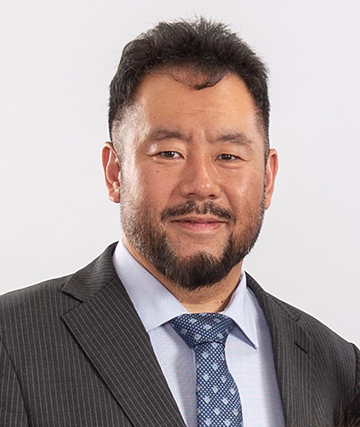
Dr. Higo is a Professor at Kyushu University International Student Center. He began serving for the Japan in Today’s World Program in 2014, and he currently leads the program as Primary Faculty Coordinator.
The main area of his research includes aging and social policy from a cross-national comparative perspective with specific attention to recent reforms to retirement and old-age public pension programs and their impacts on older adults’ socio-economic wellbeing with a focus on Asia, including Japan. His peer-reviewed articles are published in, among others, The Journal of Population Ageing, Global Social Policy, and Journal of Aging & Social Policy. Representative academic volumes include Retirement in Japan and South Korea: The Past, the Present, and the Future of Mandatory Retirement (2015, Routledge) and Ageing in Asia-Pacific: Interdisciplinary and Comparative Perspectives (2018, Routledge).
Office Location: Center Zone 5, Office 5715, Ito Campus
E-mail: higo.masateru.644@m.kyushu-u.ac.jp
For more detailed professional profile: Click here
JTW Core Courses Offerings:
Contemporary Japanese Society: A Sociological Introduction (Fall)
Japan & Globalization: A Sociological Overview (Fall)
Aging & the Life Course in Japan (Spring)
Ethnicity, Minority & Diversity in Japan (Spring)
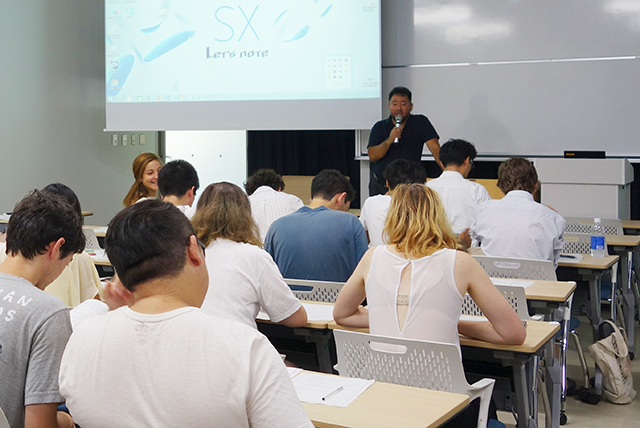
Message for Future JTW Participants:
I have worked with JTW students since 2014, and it’s been a great pleasure to learn, work and share adventures with all the participants in all aspects of the program. Over the past years, many of the participants have come to call me the ‘Dad of JTW,’ and I’m very much proud of this honorable title!
Nobody else can study abroad on your behalf, and it will inevitably make a huge difference in your life to go on an exchange during your college years. Are you really interested in studying abroad in Japan? Are you interested in learning about contemporary Japanese culture and society through academic and experiential learning? Is your interest strong enough to challenge yourself to spend a year (or a semester) for this purpose? If you answer is ‘yes’ to all these questions, then I’d like to strongly encourage you to come join JTW!
Prof. Ryoichi IMAI
(Ph.D., Economics, University of Pennsylvania)
Faculty Coordinator, Japan in Today’s World
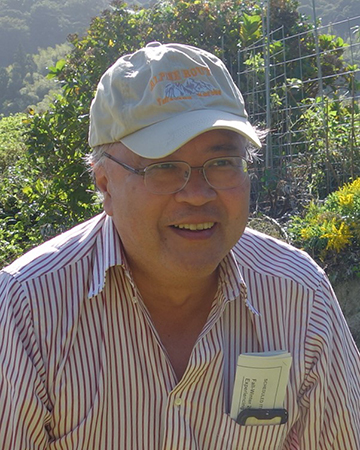
Dr. Imai is an Associate Professor at Kyushu University International Student Center. He earned a Ph.D. in economics from the University of Pennsylvania in 1997. As a Faculty Coordinator he has been serving for the Japan in Today’s World Program since 2002. For JTW Core Courses, he offers courses on modern economy and history of Japan for the JTW program. Dr. Imai also serves as the director of JTW’S Independent Study Project.
As an economist, Dr. Imai specializes in Japanese economy with special attention to the complex interactions between economic growth and the institution. He is also an expert of Search Theory, a field in modern economics bridging a microeconomic foundation of macroeconomics, monetary economics, and labor economics. He has been organizing the Search Theory Workshop in Japan since 2004, and hosting many international workshops related to this field of inquiry. He is the representative author of Search Theory: The Economics of Decentralized Trade (2007, University of Tokyo Press).
Office Location: Center Zone 5, Office 5716, Ito Campus
E-mail: Imai.ryoichi.303@m.kyushu-u.ac.jp
For more detailed professional profile: Click here
JTW Core Course Offerings:
Introduction to Japanese Economy (Fall)
Modern History of Japan I (Fall)
Japanese Economy in Transition (Spring)
Modern History of Japan II (Spring)
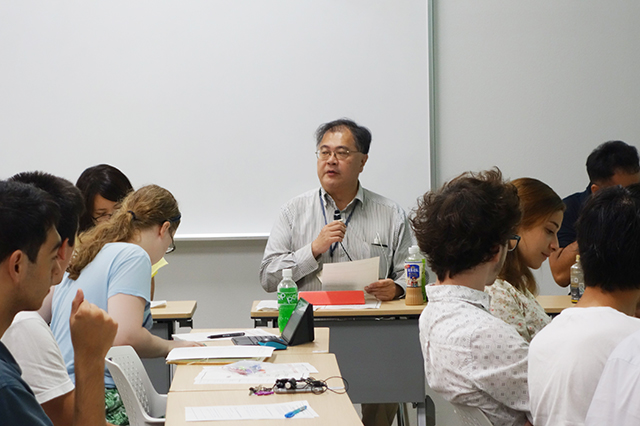
Message for Future JTW Participants:
We are now living in a very interesting and meaning time to study Japanese economy and history as part of our ever changing, competitive and globalized world. Come join the JTW program as a platform for your future, advanced study of Japan, Asia and beyond. What JTW offers to you – including the Core Courses, Independent Study Projects and Field Study Trips, and so on – will help you learn about Japan quite comprehensively and at a deep level. More importantly, as a member of JTW you will enjoy your stay in Japan!
Prof. Chisato NONAKA
(Ph.D., Education, University of Hawaii)
Faculty Coordinator, Japan in Today’s World
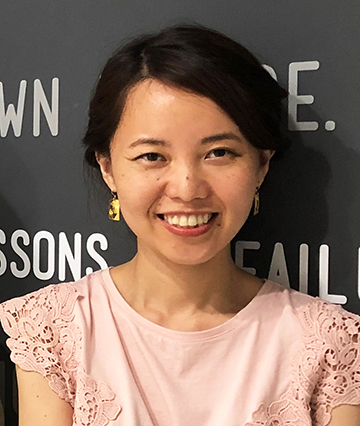
Dr. Nonaka is an Associate Professor at the International Student Center, Kyushu University. She works as a faculty coordinator for the JTW program.
Her research interests include issues of language, race, ethnicity, nationality, class, and gender-related identities, particularly in transnational education contexts. Some of her recent publications can be found in edited books (Houghton & Hashimoto, 2018; Houghton & Bouchard, in-press) and academic journals (Comparative and International Higher Education, 2017; JALT, 2019) as well as her own book entitled: Transcending Self and Other through Akogare [desire]: The English Language and the Internationalization of Higher Education in Japan, published in 2018.
Office Location: Center Zone 5, Office 5714, Ito Campus
E-mail: nonaka.chisato.444@m.kyushu-u.ac.jp
For more detailed professional profile:
Researcher Information of Kyushu University
Academia.edu
JTW Core Course Offerings:
Self and Identity in Contemporary Japan (Fall)
Education in Japanese Society (Fall)
Gender and Sexuality in Today’s Japan (Spring)
International and Multicultural Education in Japan (Spring)
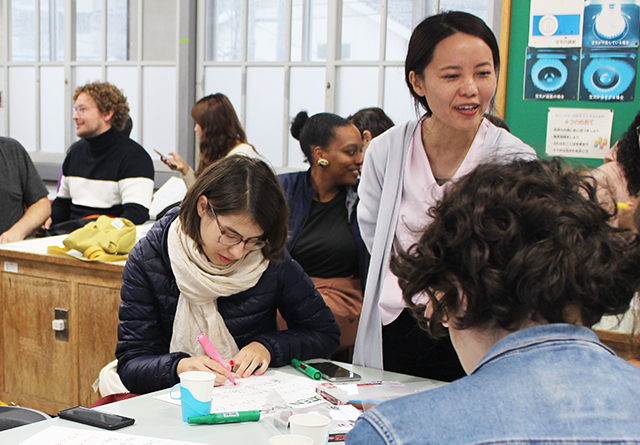
Message for Future JTW Participants:
Hello prospective JTW students! It’s wonderful that you are thinking about studying at Kyushu University with us. Each year, we welcome students from all over the world and it’s been an absolute pleasure for me to be part of their experience as a coordinator, instructor, and sometimes as a big sister (or a mother figure, perhaps).
Having completed my studies abroad myself (for a total of 11 years in Hawai‘i, U.S.), I can say with confidence that the JTW program is one of the best short-term exchange programs out there. Through this program, you will not only learn about Japan and the language, but also experience the world by interacting with students of diverse backgrounds. As the world faces new challenges every day, it’s extremely important that we learn to understand and embrace our differences!
If you’re up for the challenge, come and join us. See you soon in Fukuoka, Japan!
4. Message from the President
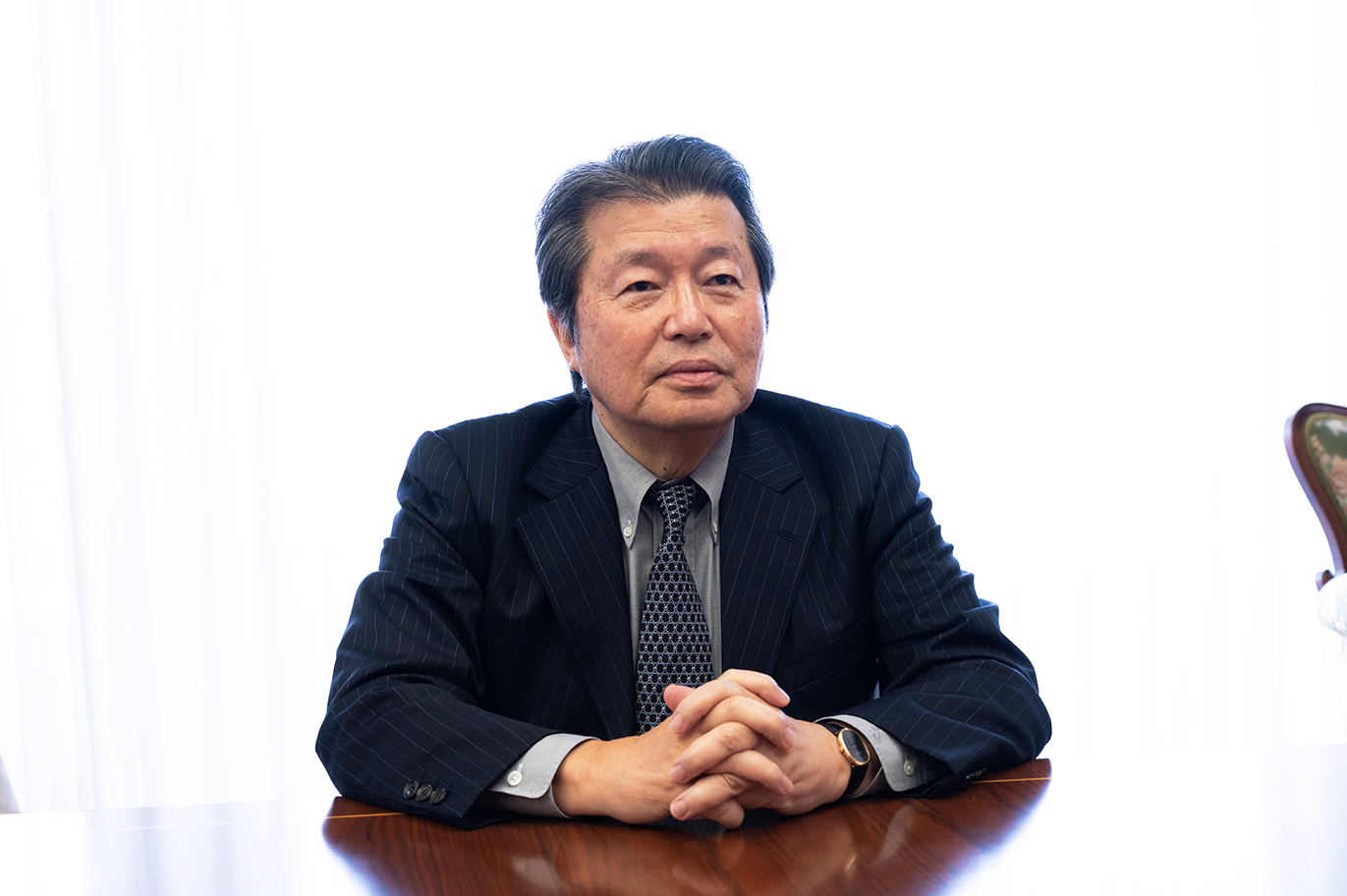
Tatsuro ISHIBASHI, M.D., Ph.D.
President Kyushu University
As President of Kyushu University, I am delighted to extend a warm invitation to students from all over the world to apply to the JTW program. A unique and deeply rewarding experience awaits you.
JTW was established in 1994 by Kyushu University, the first of Japan’s national universities to offer a year-long study opportunity for non-degree international students. Our mission from the beginning, in which we proudly can claim much success, has been to provide an accessible, high quality academic introduction to life in contemporary Japan, to our country’s history, and to its broader engagement with global society, in combination with intensive language training and a rich variety of co-curricular activities designed to enhance cultural learning and to encourage the building of meaningful, enduring relationships with Japanese people.
Over the years, hundreds of visiting students representing dozens of leading higher education institutions in Asia, Africa, Oceania, Europe and North American have benefitted from JTW in significant ways, gaining the confidence and competence needed for responsible, effective participation in our interdependent world. Indeed, by virtue of their different backgrounds, perspectives, and goals, they have contributed significantly to the classroom and community diversity that make JTW an ideal environment for personal growth and achievement.
Kyushu University, founded in 1911 as one of Japan’s original Imperial Universities, has a long-standing tradition of educational excellence that includes a strong commitment to international exchange. Challenging and stimulating, transformative and memorable, the JTW experience exhibits and continues this tradition – it just may be the opportunity that you are passionately seeking.
